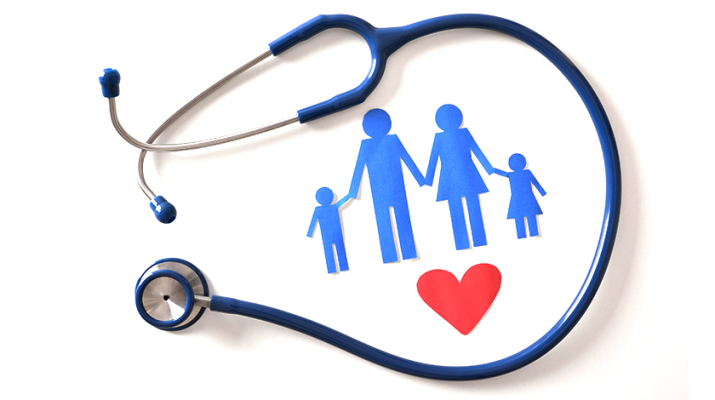Holidays are a great time to put your family’s health history together
By Deborah Jeanne Sergeant
As you gather with your family this time of year, consider asking a few questions about your family’s health history. It may seem a strange topic for conversation, but it can affect your health in significant ways.
Jacquelyn F. Langdon, public health director for Niagara County Department of Health, said to focus on your immediate family related by blood: parents, siblings and grandparents. Ask a relative who has a clear recollection of family health about major medical issues that have been diagnosed, not their best guesses.
“The main reason you have these discussions is to mitigate and control risks you can modify,” Langdon said.
She said that a few elements are important in addition to the major medical issues diagnosed: cause of death, age of onset, environmental factors and ethnic background.
Cause of death means why the person died. Someone may have been diagnosed with prostate cancer (which is still important to know) but died 30 years later of something else. Age of onset means when the disease started. Environmental factors refers to outside contributors to the disease, such as working with asbestos resulting in cancer. Or lifestyle factors that affected health. Many families share the same habits that can shape their health.
“There are so many different risks but there are also a lot of tools we can use to control those risks as much as possible,” Langdon said. “We can control screenings and how often we do them. Or control blood pressure by having a blood pressure machine and lifestyle changes. We can’t eliminate all risks, but reduce a lot of them with effort.”
Also talk with your in-laws for the sake of your children. Knowing what health conditions run in your family can’t guarantee you won’t succumb to them but the knowledge can help you mitigate the effects or possibly prevent them from happening.
Physician Gale R. Burstein, commissioner of health for Erie County Department of Health, offered a few examples.
“There are certain heredity conditions known to certain ethnicities, so it’s important to read up on those and inquire if that has been a problem in the family,” she said. “Ashkenazi Jews have higher incidences of the BRACA gene that leads to breast cancer and ovarian cancer. African Americans are prone to sickle cell disease. For people of Mediterranean descent, it’s thalassemia.”
She said it’s important to know what to ask first so they can pose the right questions.
Many people who have experienced the loss of a loved one feel especially vulnerable during the holiday season. Framing it as concern about family health can help make this potentially awkward conversation more comfortable.
Burstein said to start the conversation by asking parents about grandparents, what did they do for a living, if they had any health problems and the cause of death.
“If you approach it with questions that are less intrusive and transition to asking about health history and cause of death it creates a natural flow,” Burstein said. “Everyone at the table would likely be interested if it’s a risk for them.
“It’s a great opportunity to know what your health risks are,” Burstein added. “It may lead someone to inquire with their health care provider if they need specific genetic or lab testing to check for certain conditions.”
Discussing your family health history with your care provider can also influence recommendations about health habits and other lifestyle choices — factors that may have contributed to your family’s health conditions.
Ask if anyone in the family has died unexpectedly from any cause and also ask about cardiovascular disease, cancer at any age, endocrine disorders, gastrointestinal conditions and any chronic illnesses.
“Holiday family gatherings are a great opportunity to learn about family health history,” Burstein.

